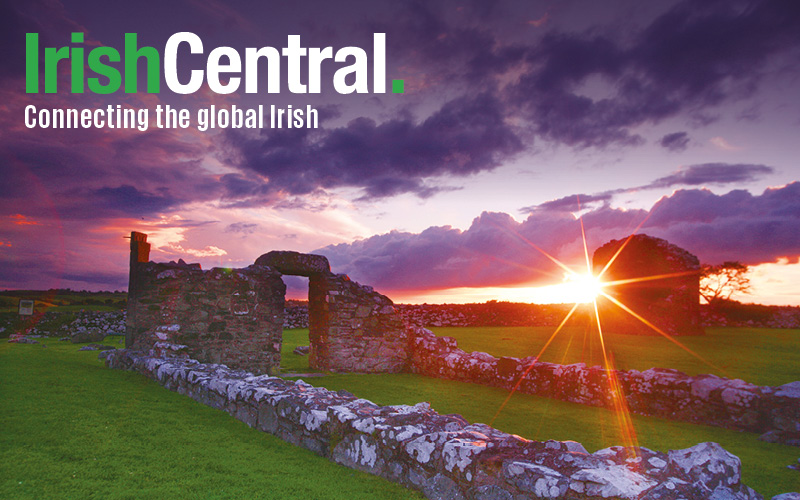Following Ireland’s overwhelming public vote in favor of same sex marriages, LGBT teachers have claimed proposed new equality legislation will not protect them against ongoing discrimination in the workplace.
An Irish National Teachers Organization (INTO) spokesperson said many gay teachers are “scared” they can be fired because of their sexual orientation.
A total of 90 teachers who are members of the INTO are reported to have declared themselves as LGBT. The number is expected to increase further as more teachers “come out” in the wake of the same sex marriage referendum in the latter half of May.
Equality Minister Aodhán Ó Ríordáin has promised to amend part of the Employment Equality Act to “raise the bar so high” schools will no longer be able to discriminate against gay teachers.
But the INTO has now called for a section of existing legislation to be abolished rather than amended.
A union spokesperson told the Irish Independent the minister’s plans do not provide guaranteed protection for employees.
Anne Marie Lillis, chairperson of the INTO LGBT Teachers group, said the current situation causes real anxiety for those whose family status, sexual orientation or gender identity may be perceived as in conflict with the ethos of a school.
Meanwhile, Catholic primate Archbishop Eamon Martin has welcomed the raised awareness of issues faced by gay people brought about by the debate on the same-sex referendum.
“Among the many lessons that we as a church can learn from the referendum debate is to recommit ourselves to the pastoral care of anyone in society who experiences victimization and stigmatization,” Martin said.
“We have much to reflect on and to learn from the referendum debate about presenting and communicating the church’s message in the 21st century.”
The archbishop said that it was clear from the reaction to the referendum result that many people voted in favor of the amendment believing it to be a way of showing tolerance and respect towards gay people, including family members and friends.
The changed social and political climate in Ireland brought “fresh challenges” to the church.




Comments